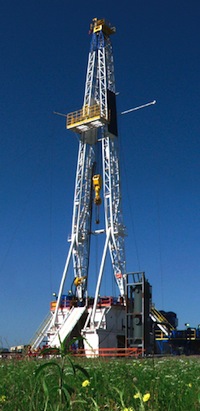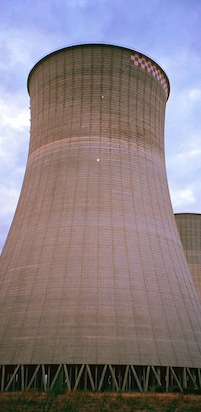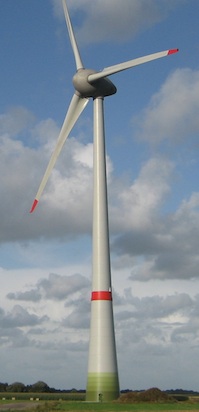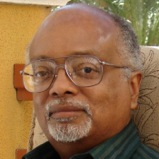
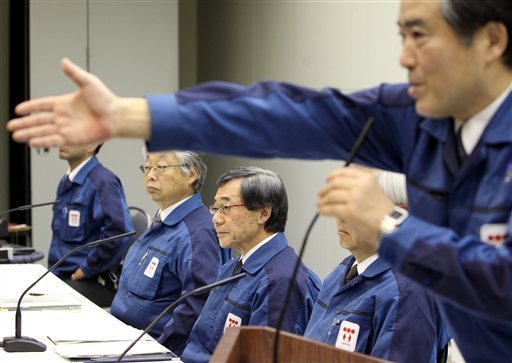 Disasters have interesting effects on communities’ collective psyches, which sometimes impacts public policy.
Disasters have interesting effects on communities’ collective psyches, which sometimes impacts public policy.
Some communities use disasters as an opportunity to take stock, perhaps change course. Others vow rebuild to rebuild as soon as possible. This week Japan began to reevaluate its commitment to nuclear power. Meanwhile, Germany seems to be moving away from nuclear, while the United States holds a stay-the-course posture.
Some stories gave the impression that Japan was moving away from nuclear power. In fact, the prime minister only cancelled plans for expanding nuclear energy. That's a big difference. So far, there are no indications that Japan plans to phase out existing reactors as Germany plans to do. It's interesting to see that Germany is responding to the Fukushima disaster more strongly than Japan.
I was surprised to learn … that Japanese representatives in Berlin are interested in Germany's plan to quickly replace nuclear and coal power plants with renewables. Some of my sources wonder if the Japanese public will see Germany as a pioneer and ask politicians to follow this example.
I’ll be watching … specific plans to increase countries’ share of renewables. Japan is a technology leader in so many fields and has plenty of resources for renewable energy production, so it's surprising that it hasn't yet done more in this field.
Click to read more about this topic
While Japan didn’t make a definitive commitment to end nuclear power, Prime Minister Naoto Kan took a concrete step by closing the Hamaoka nuclear power plant. Of course, attitudes about nuclear power in Japan are complicated by its unique experience of having had atomic bombs dropped on Hiroshima and Nagasaki. That doesn’t come up in conversations with people who were born after the war, but it is part of Japan’s history. It would be a mistake to dismiss the effects of that legacy on its energy policy debate.
I was struck by … PM Kan’s admission that since the government promoted nuclear power, it shares some responsibility for the Fukushima disaster. The same could be said for the United States, where domestic nuclear power generation began as an offshoot of military weapons development — and has never fully left the government nest.
Disaster status? TEPCO is gaining control of the crippled reactors at Fukushima Daiichi. But the situation there remains unstable. If conditions deteriorate, it’s hard to see how the Japanese nuclear power industry could recover.
Click to read more about this topic
The U.S. Nuclear Regulatory Commission has stated that it expects to approve the relicensing of old nuclear power plants and, in fact, issued a new license for the 40-year-old Vermont Yankee on March 13. It has declared that all U.S. plants are operating safely and is not changing its standards for evaluating relicensing applications. That the commission accepts plant safety as a foregone conclusion is a concern. It would appear that the Japanese disaster has had zero impact on American regulation and evaluation.
I was surprised to learn: The lessons learned from the 2001 terror attacks were voluntary and widely ignored by nuclear plant operators. The plants in the area I cover — Indian Point in New York and Salem, Hope Creek, and Oyster Creek in New Jersey — all received exemptions from improvement directives. Yet plant operators still talk about the many safety improvements made since 9/11.
Notable quote: Nuclear safety engineer David Lochbaum with the Union of Concerned Scientists was asked at a recent press conference if he agreed with Indian Point officials who said their spent fuel pools are safe. He said, “Have you seen the movie Pinocchio? Their nose is long because that’s a bald-faced lie.”
Click to read more about this topic
| Tweet This Page |


